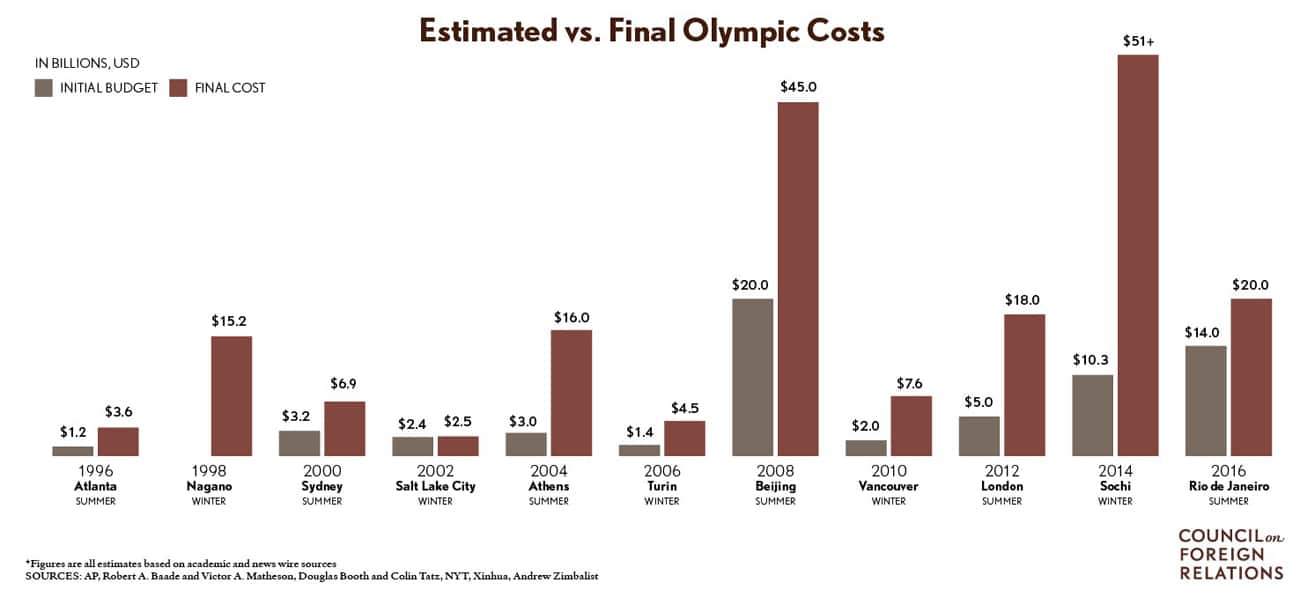
According to the International Olympic Committee, the 2032 Olympic Games are estimated to cost the city $5 billion. This would make Brisbane’s the cheapest Summer Olympic Games since Athens 2004. However, every Olympic Games experiences cost overruns. Research suggests overruns for Olympic Games average at roughly 172 per cent. These costs can accrue major debts for the city and its taxpayers long after the Games. Montreal, the Canadian host city of the 1976 Olympic Games, did not pay off the debts associated with the Games until 2006.

Not everyone is so willing. The 2032 Games will largely take place in the Gabba Ward where the Gabba Stadium is located. Jonathan Sri, Councillor for the Gabba Ward, has been vocal in criticising the mess the Games could leave for residents.
“There’s a good reason that fewer and fewer cities are aspiring to host the Games—the guests have an awesome party while the hosts have to clean up afterwards,” said Sri.
The city of Brisbane will have to make many decisions in the decade-long lead-up to the 2032 Olympic Games. One of the most crucial issues to address will be these costs. Brisbane may opt to stick strictly to its $5 billion budget or welcome the inevitable overruns in exchange for an extravagant and memorable event. Until the Olympic Games are upon us, the only game left to play is the waiting game.






